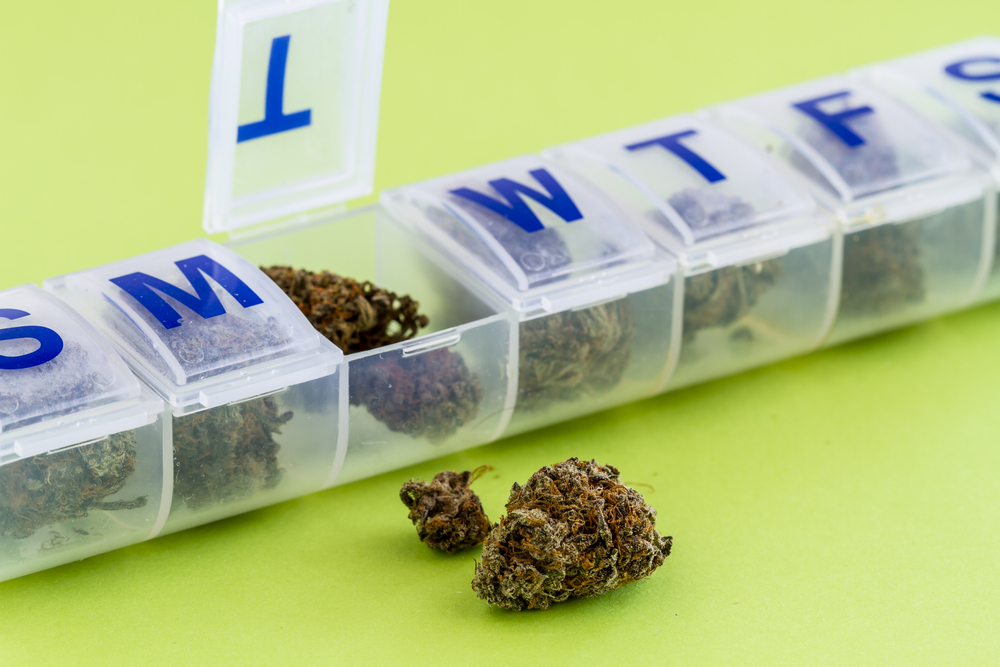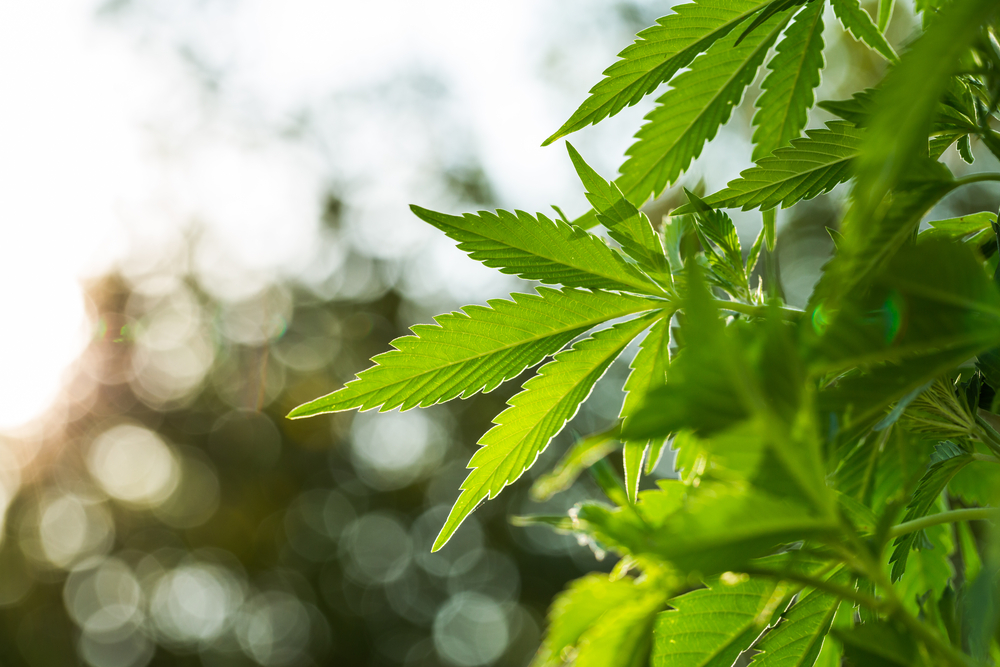Mié, Mar 22nd 2023

After fits and starts, concerns and delays, the Swiss health authorities have finally approved the controlled sale of marijuana in Zurich as part of a citywide trial dubbed “Zuri Can – Cannabis with Responsibility.”
Under the trial, pharmacies and social clubs may sell cannabis products to 2,100 participants who have been approved to be a part of the pilot. The participants will be studied and interviewed during the trial to determine if legalizing cannabis for recreational use in Switzerland is suitable.
A similar trial with 400 participants began in Basel last year. Zuri Can was supposed to begin in conjunction, but the project was delayed following concerns by the Federal Office of Public Health (FOPH).
On Wednesday, the FOPH, Zurich University Hospital and Zurich city government announced that they had approved two strains of cannabis to grown for the pilot. The trial will begin later this year. (Read more: Will Switzerland be the next European country to legalize cannabis?)

Last summer the Swiss government legalized the use of medical cannabis for Swiss patients with prescriptions, under an amendment to the Swiss Narcotics Act. Under previous legislation, medical cannabis was legal for treating patients with cancer and neurological disorders, but obtaining it was very difficult. The old system involved providers making their case with the FOPH through a lengthy and paper-heavy process.
Medical marijuana appears to help treat conditions where chronic pain is the main symptom, such as endometriosis, interstitial cystitis, and fibromyalgia. Studies show that it relieves symptoms of multiple sclerosis and lessens tremors in Parkinson’s patients, while most opiates available to these patients are highly sedating. Patients say small doses of marijuana allow them to resume their daily activities without feeling groggy, according to Harvard research.
Today, cannabis containing more than 1% tetrahydrocannabinol (THC) is classified as an illegal drug in Switzerland and punishable by up to three years of imprisonment and/or a fine. However, products containing 0.99% THC or less, also called CBD, are sold in nearly every convenience store. C’Ice Swiss Cannabis Ice Tea is a fairly popular beverage found in most vending machines at train stations.
(Magic mushrooms and LSD: Inside Swiss psychedelic therapy)
CBD is being used as a replacement for opiates. CBD is not addictive and cannot be overdosed. CBD can even be used in place of pain relievers such as Advil, which a large population cannot use because of stomach ulcers, kidney problems and other gastrointestinal issues. Its benefits range from curing insomnia to treating life-threatening conditions such as epilepsy.
According to the recent studies into CBD’s medical benefits, CBD lessens the severity of COVID-19 infections and may even prevent the virus’s spread, according to a University of Chicago estudiar en la revista Avances científicos. While smoking a marijuana joint will not do much, regularly taking the right amount of pharmaceutical-grade CBD will help protect from contracting COVID-19. And if COVID-19 is contracted, CBD will help block its replication in lung cells and reverse many of its effects.

The legalization of medical marijuana also allows for the export of medical cannabis for commercial sales, although companies must first obtain authorization from Swissmedic, a government body that surveils Swiss medicines and medical devices.
Legalizing medical marijuana could generate an annual turnover of nearly CHF1 billion and create about 4,400 full-time jobs, according to a University of Geneva study published last month.
By legalizing cannabis for medical purposes, the Swiss government is also seeking to regulate the quality of the product and undermine the marijuana black market – something patients have been using for years, officials say.
Este artículo puede compartirse y reimprimirse libremente, siempre que se incluya un enlace al artículo original.
